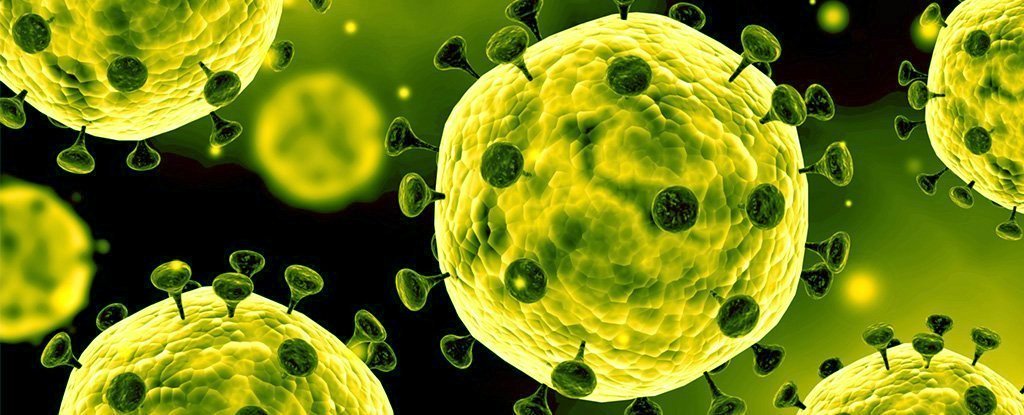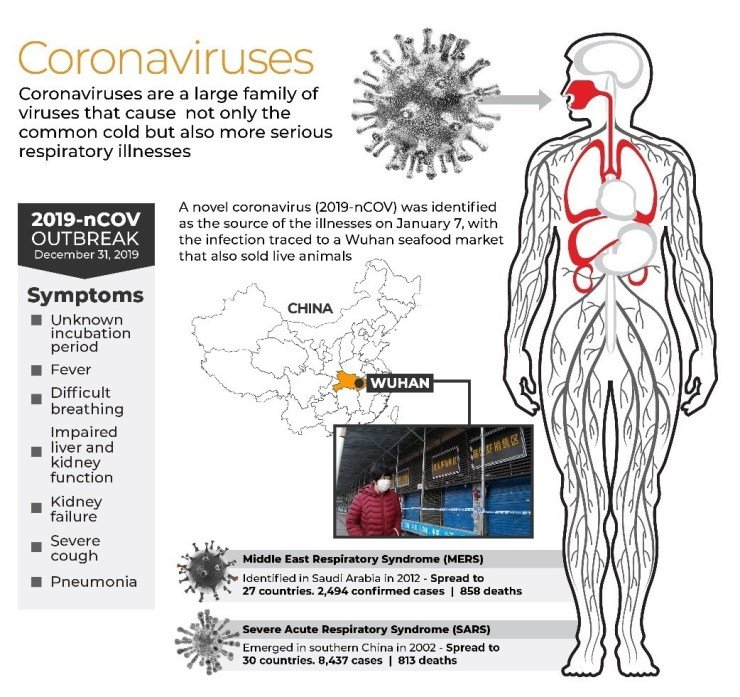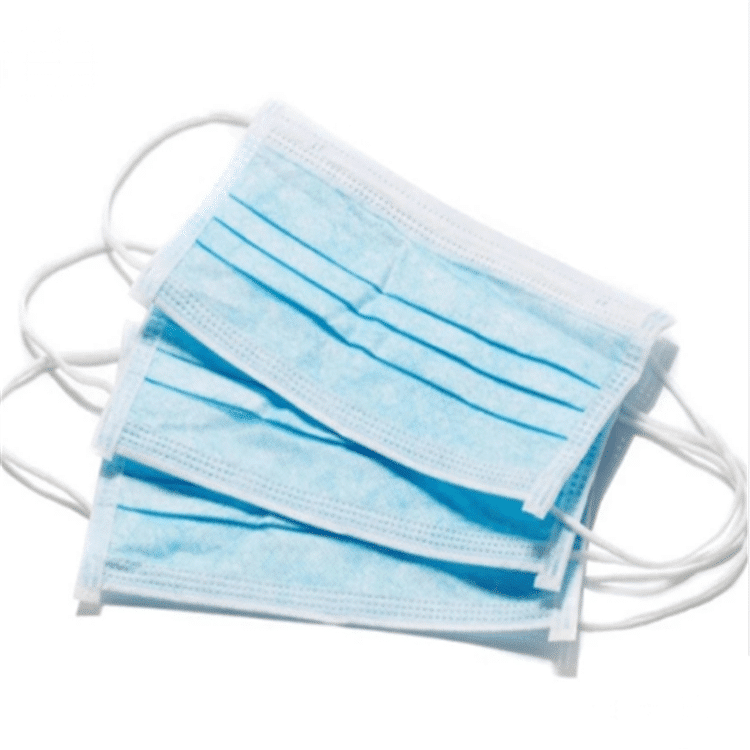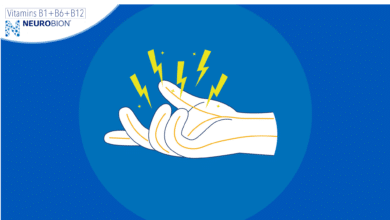The deadly 2019-nCoV, a.k.a. the Wuhan Coronavirus, has already killed 17 people and infected at least 554 others in China as of Wednesday.
Scientists are still scrambling to fully understand the virus, which they confirmed this week could be passed from human to human.
The Centres for Disease Control and Prevention (CDC) has officially released guidance for healthcare professionals on the symptoms of the virus.

What to look out for
According to the CDC, a person could be at risk if they have:
- Fever and symptoms of lower respiratory illness, including coughing or having difficulty breathing, right after traveling to Wuhan or having close contact with someone who was ill and is now under investigation for the virus in the past 2 weeks.
- Fever or symptoms of lower respiratory illness after having close contact in the past two weeks with someone who’s been confirmed to have the virus.
The CDC defined “close contact” as being within about 6 feet (1.8 m) “or within the room or care area” of a person with the coronavirus for a prolonged period without appropriate protective clothing, or “having direct contact with infectious secretions” of a person with the virus without protective clothing.
The agency said close contact could include “caring for, living with, visiting, or sharing a healthcare waiting area or room” with a person with the virus.
They have also mentioned that if you have traveled to Wuhan recently and feel any of these symptoms, you should seek medical care right away, call ahead to tell your doctor about your travel and symptoms, and avoid contact with other people.

Who is at most risk?
Coronaviruses like 2019-nCoV are dangerous for people who have weaker immune systems, like older adults, and younger children.
There are no vaccines to protect people from contracting a coronavirus. Even pets are also at risk of catching coronaviruses, which can lead to disease and worse, death.
The source of the Wuhan virus outbreak was identified as a market that has sold seafood and live animals like wolves and civet cats. The Chinese government right away then closed the market on January 1.

Surgical / Protective Masks: Do They Work Against Coronavirus?
I’ve found a certain article in Express UK stating that the routine surgical masks were not effective against bacteria or viruses carried in the air because these types or masks are too loose. It has no air filter and it leaves the eyes dangerously exposed. However though, the surgical masks could help lower the risk of contracting a virus through the “splash” from a sneer or a cough and still provide some protection against hand-to-mouth transmissions.
How to protect yourself
Other than the masks, here are the combined CDC and other healthcare providers’ suggestions for how to protect yourself from the virus while traveling:
- Try to avoid contact with people who display symptoms similar to those of pneumonia or the common cold, like coughing or a runny nose.
- Don’t touch your eyes, nose, or mouth with unwashed hands.
- Wash your hands frequently with soap and water, and scrub for at least 20 seconds.
- Also try to use alcohol-based hand sanitizer when possible.
The World Health Organization is set to hold an emergency meeting on Wednesday on whether to declare the outbreak a global health emergency.
Take care out there!
 |









